
Men’s Skincare Brand Wolf Project Makes Strides With Retailers And Investors
Francesco Urso, founder and CEO of Wolf Project, is exalting the joys of laundry—or rather what he learned from working in the fabric care arm of Procter & Gamble in Switzerland, his home country. “Laundry was the best school of business, competitive, commercial and what many people don’t realize, innovative,” says Urso, who also worked as P&G’s brand manager for Pantene in China. “When we launched three-in-one washing machine pods, we shifted the world.”
Today, his mission at Wolf Project is shifting the world of male grooming to incorporate skincare rituals. He’s making strides in the right direction. The brand, which sells the products Hydrating Face Mask, Detox Mud Face Mask, Face Foaming Cleanser and Hydrating Aqua Gel, launched face masks at 2,000 CVS stores in August last year. In March this year, it rolled out to the Swiss department store chain Manor.
In addition to retailers, investors have caught on to Wolf Project. The brand reeled in $1 million in funding during four months of the pandemic. “I was thinking, ‘How are we going to raise money? People are scared,’” says Urso. “But it was quick, and came from American and Swiss business angels. We are now working toward our next round of $2.5 million to $5 million because we know the products work, the business model works and, now, it just needs scale.”
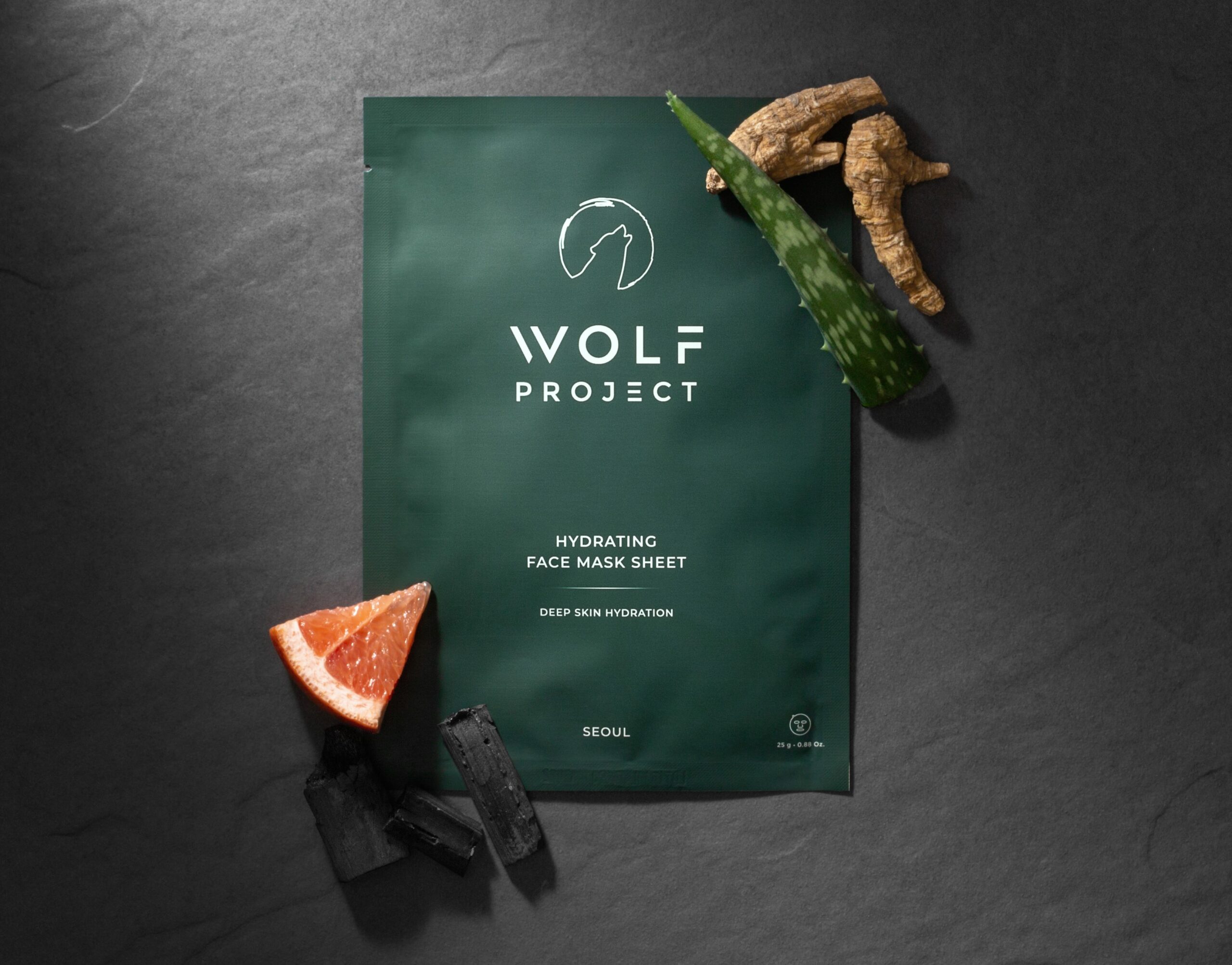
Wolf Project was influenced by Urso’s stint spearheading Pantene in Asia. “It was quite ironical as I was bald even then and launching shampoo,” chuckles Urso. “I didn’t know if I was going to be afraid of going into beauty, even though I had requested a change, or China, but both were amazing. I fell in love with China, and I fell in love with the beauty business.”
He also fell in love with South Korea and the skincare technologies it’s pioneered. “Koreans are obsessed by skincare and the industry is developed in accordance with that obsession,” he says. “They have formulations we have never seen that are very light and very effective. Korea is far out there in terms of formula, and that’s why we chose to produce our products there.”
“There are important stereotypes in our culture that need to be broken so that men understand that beauty is part of self-care.”
Wolf Project’s sheet masks are designed with a delivery system intended to maximize ingredients’ impact on the skin and minimize evaporation before they act. The brand reports that the result is a product supplying up to 10 times more serum to the skin than is typically supplied by a serum. A week’s worth of product travels into the skin in a mere 15 minutes. With Wolf Project’s boxes of five sheet masks priced at $25, that’s $5 a pop for a week’s worth of skincare.
The formulations were constructed for men’s skin that’s thicker than women’s skin, and contains greater amounts of sebum, higher collagen density, lower pH and, in some cases, longer-lasting acne. The ingredients in the face masks are 95% derived from natural sources. The sheet mask material in them is bamboo charcoal. The serum it’s soaked in for the Hydrating Face Mask features vitamin B3, aloe vera, tea tree extract, amino acids and hyaluronic acid. The Detox Mud Face Mask serum has vitamin B3, C and E.
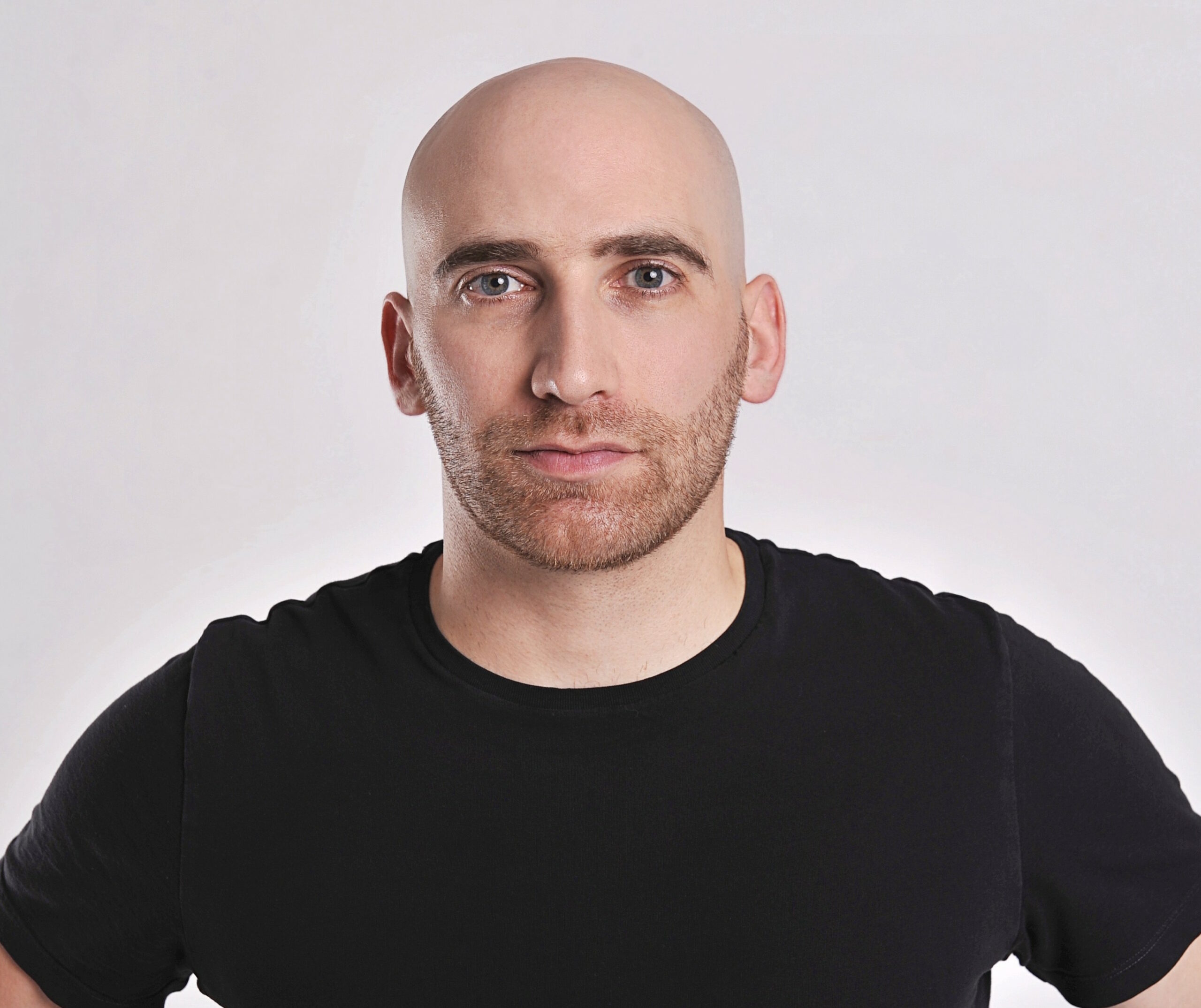
At stores and online, where Wolf Project is available on its website, Amazon and Verishop, the brand is showing men it’s OK to care about skincare. Urso says, “I believe there are important stereotypes in our culture that need to be broken so that men understand that beauty is part of self-care, a very important aspect of our mental and physical health, which, in turn, will help men to progress their sense of masculinity.”
Men might require prodding to get into self-care, even Urso did. His wife introduced him to the concepts of self-care and skincare. “When we were in Asia my wife started using sheet masks, so I did too, and I felt it made me feel better firstly because I am taking care of myself, so the act of taking care of myself recharges me irrespectively of the benefit, but they worked, and I could see the wrinkles disappear, and my skin looked luminous.”
“The act of taking care of myself recharges me.”
In January 2019, Urso left his job at P&G to focus on Wolf Project full-time. The Geneva-based brand currently employs five people, Urso among them. He originally funded it with $100,000 from his personal savings. On top of its site, Wolf Project initially got underway in the United States via Amazon. “There is a debate about Amazon, but it’s the biggest shop in the world, and we’ve noticed that people find our brand and then buy it there,” says Urso. “I can’t compete with Prime.”
He describes Wolf Project as a “high-low brand” that has no problem spanning ritzy department stores and local drugstores. Fulfilling big chains, however, is another thing. Discussing the process of putting Wolf Project in CVS, Urso says, “Fulfillment was intense, but not for the suppliers in Korea. I’m still a very small client, and they were delighted to get a large order given they produce for Shiseido and Dr. Jart+.” Paying for the stock was a headache, and it necessitated the cash injection.
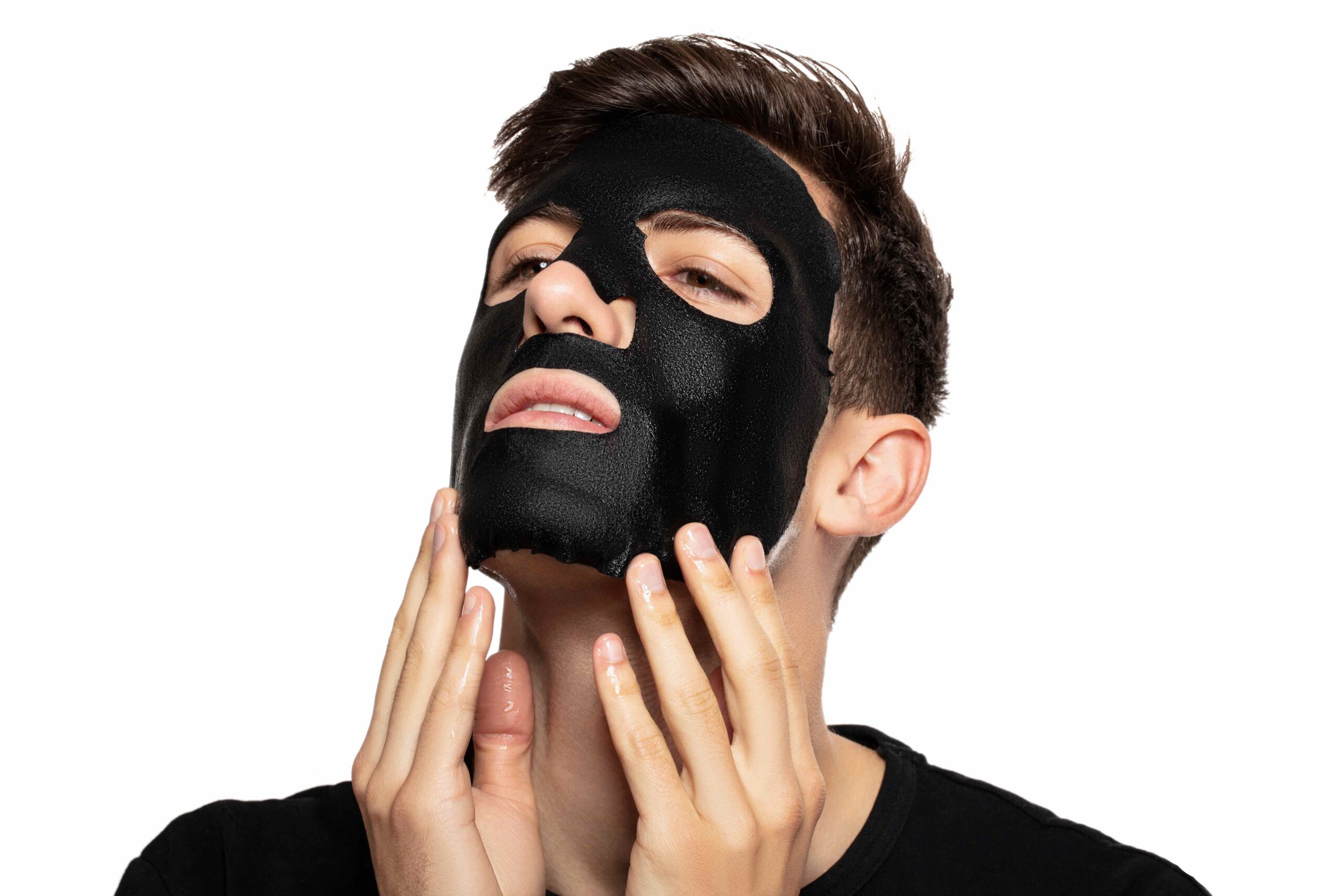
Wolf Project is pursuing distribution in the United Kingdom next. Urso is encouraged that it’s fared well during the pandemic. The brand’s sales were up as much as 80% amid the challenging period. “It’s been very good for Wolf Project. I think it has given people the chance to reconsider lots of habits and be more open to adopting new rituals, including skincare,” says Urso. “How much of it was the pandemic, though, it’s hard to dissect. For sure, it increased and accelerated, but sales were growing anyway.”
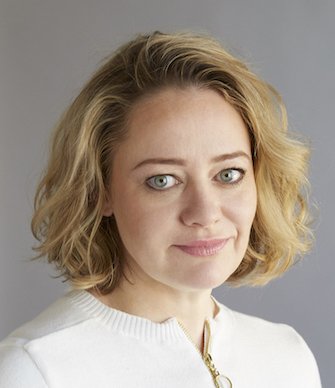

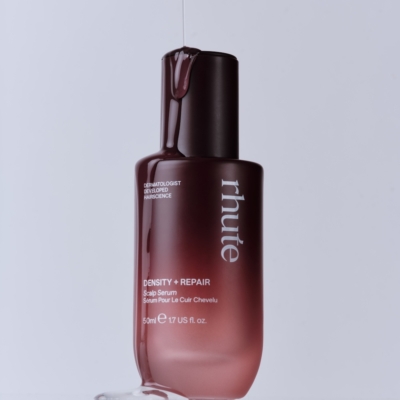
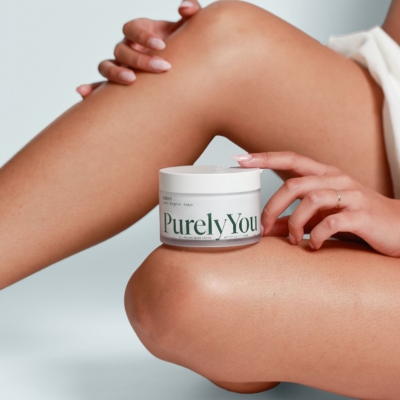
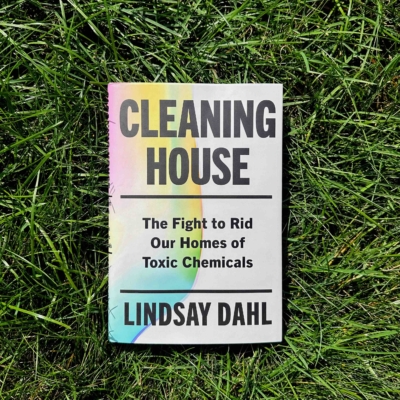
Leave a Reply
You must be logged in to post a comment.